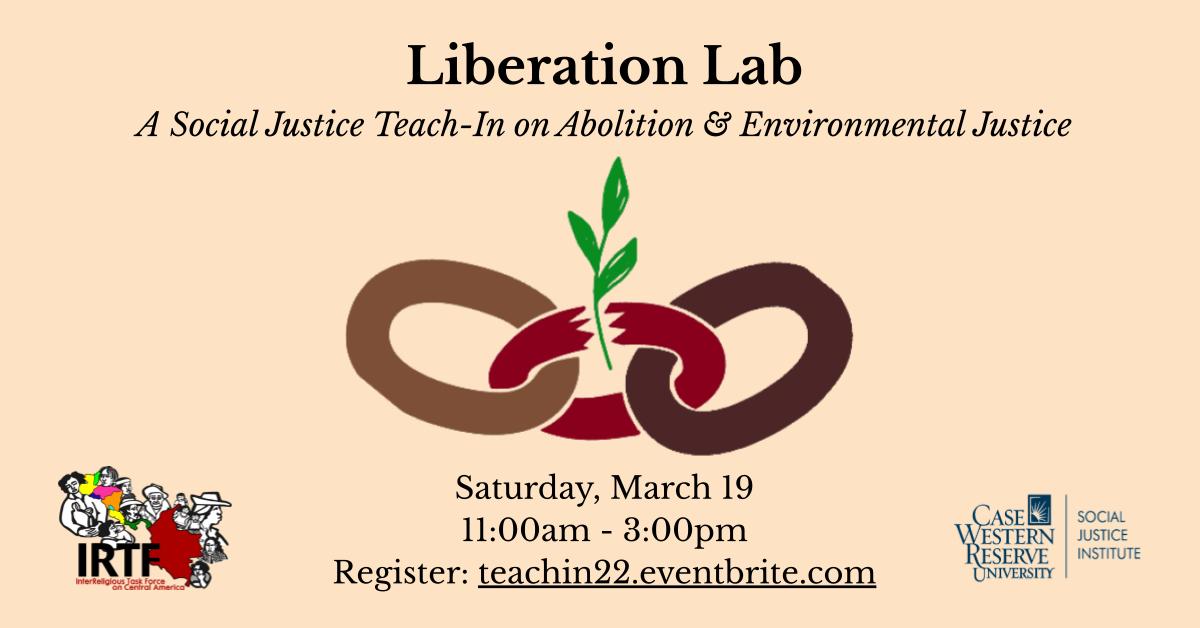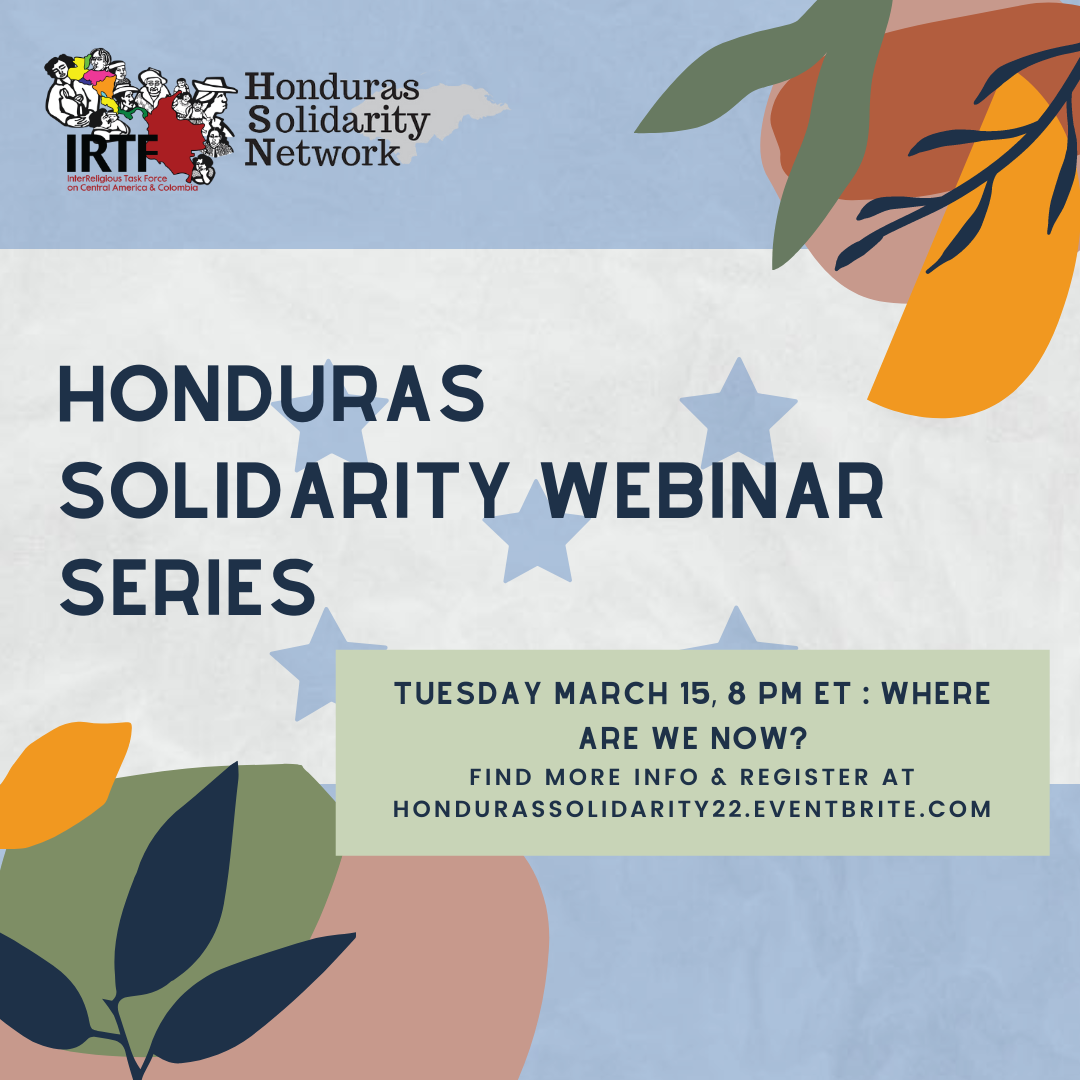As the head of Guatemala’s High-Risk Tribunal D, a court specialized in handling complex high-stakes criminal cases, Erika Aifán spent six years trying dozens of the most powerful business people, politicians, judges, and capos of Guatemala on charges of corruption, money laundering, and drug trafficking. For that work she has faced constant threats, espionage, and judicial persecution. In February, El Faro revealed that a witness in her court accused President Alejandro Giammattei of financing his electoral campaign with $2.6 million in bribes from construction firms. It was reason enough for Attorney General Consuelo Porras, converted into Giammattei’s enforcer, to file seven motions to repeal Aifán’s judicial immunity from prosecution and look to incarcerate the judge who may otherwise have put the president of Guatemala behind bars. In the evening on Wednesday, March 9, and without warning her team of bodyguards, Erika Aifán crossed the land border into El Salvador to fly via Costa Rica to the United States. This morning her attorneys formally tendered her resignation from the Guatemalan judiciary. Her departure makes fifteen justice system operators to have abandoned Guatemala in the last 11 months.
- Home
- About Us
- Issues
- Countries
- Rapid Response Network
- Young Adults
- Get Involved
- Calendar
- Donate
- Blog



